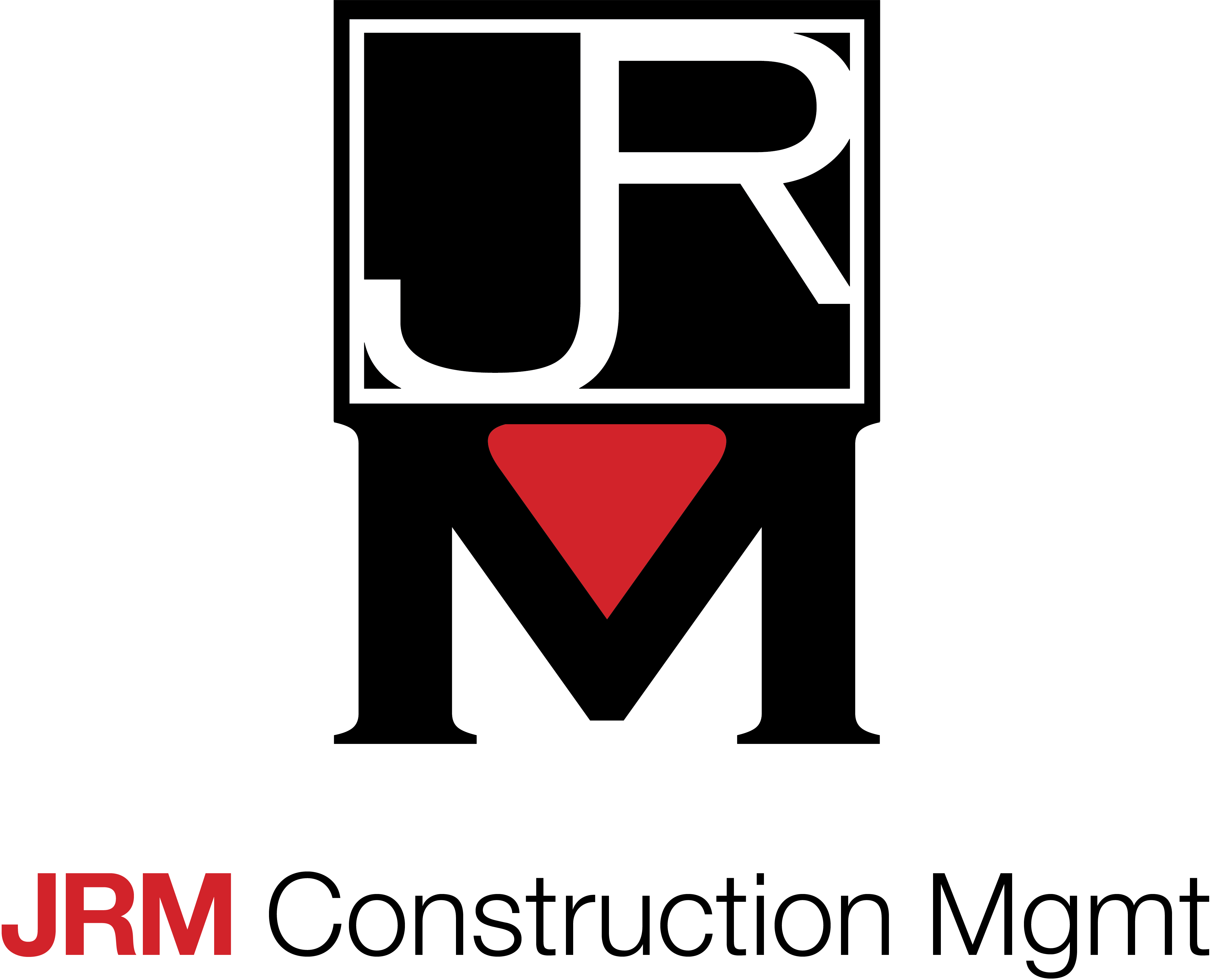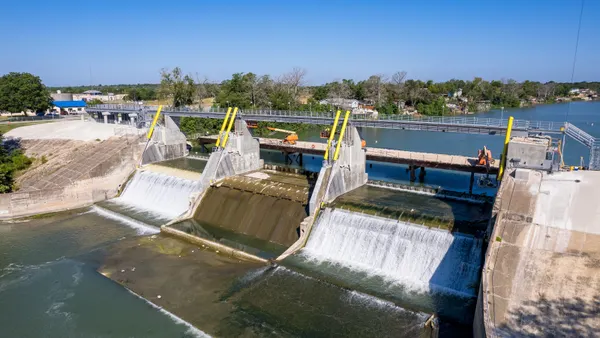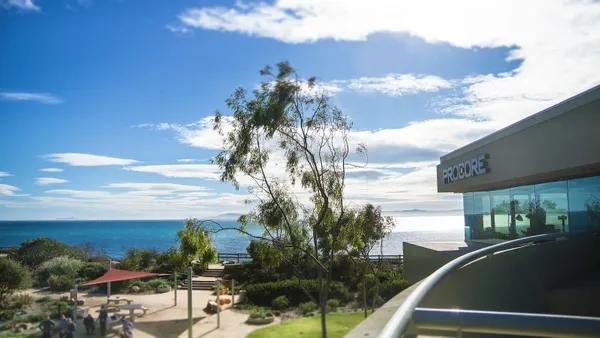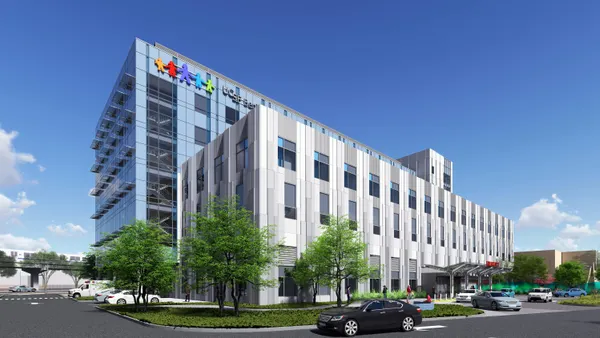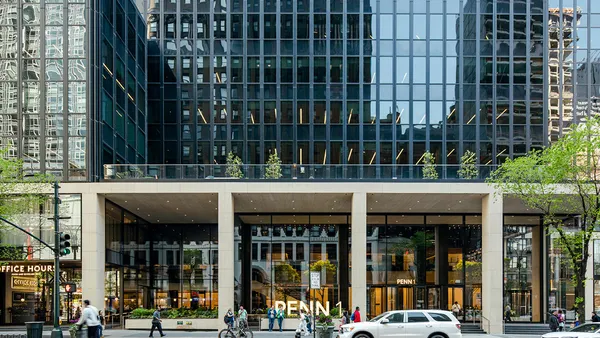Dive Brief:
- The California Contractors State License Board has revoked the license of Segue Construction, the company whose alleged shoddy construction work led to a deadly balcony collapse in Berkeley, CA, in 2015, according to the San Francisco Chronicle.
- Segue agreed to the revocation as part of a settlement deal with the licensing board, which also requires two former company officials pay up to $115,000 to cover the board's investigation bills. Segue can apply for license renewal in 2022.
- Thirteen people, who were attending a birthday party at a Berkeley, CA, apartment complex, fell to the ground when the fifth-floor balcony on which they were standing gave way. Six were killed and seven were injured.
Dive Insight:
The licensing board began the push to revoke Segue's license back in December, maintaining that the company did not perform the balcony installation according to the plans and specifications or in a "good and workmanlike manner."
Officials determined that although the plans called for pressure-treated joists that could resist rot, Segue used an engineered wood product not intended to be used for decking or, in this case, a balcony. Investigators reported that the balcony assembly was not properly waterproofed, which allowed water to seep into the balcony assembly. The balcony material then rotted and weakened.
Licensing board officials suggested that if Segue had constructed the balcony according to the plans and specifications, it would have been able to withstand the weight of the 13 people who fell. Segue was also reportedly sued in 2010 for faulty balcony installations on a project in San Jose, CA.
Even though there was a loss of life in the Berkeley case, prosecutors declined to bring criminal charges, but the families of those injured and killed have filed civil suits against Segue, subcontractors on the project and the apartment complex owner.
After the collapse, state legislators passed California SB 465, which gave the licensing board more oversight over contractors and mandated two studies — one looking into whether an analysis of past contractor judgment and lawsuit information would add to industry safety, and the other considering necessary changes to state building codes.







